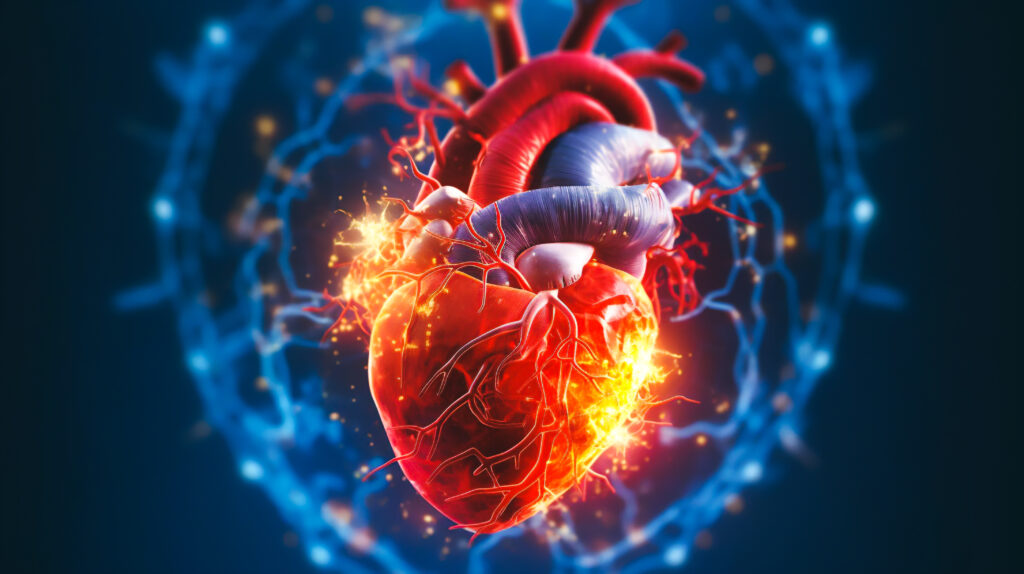Purpose of the study: Evaluation of clinico-hemodynamic efficiency of cardio resynchronising therapy (CRT) in patients with chronic heart failure (CHF).
Materials and methods: Seventy patients aged 42 to 80 years (42 men, 28 women) with CHF III, IV functional classes according to NYHA and complete blockage of the left bundle branch were examined, 56 devices were implanted, combining the functions of CRT and cardioverter-defibrillator. The study of the functional state of the heart was carried out by echocardiography (on the Vivid 7 GE apparatus), which was performed before the implantation of a cardio resynchronising device and a year after the intervention. All patients received beta-blockers, angiotensin-converting enzyme inhibitors, diuretics (including aldosterone antagonists), antiplatelet agents, anticoagulants, statins (according to indications).
Results: Twelve months after implantation of CRT, positive dynamics of cardiac function was noted: mean value of ejection fraction increased from 28.3 ± 0.9% to 38.1 ± 0.9% (p<0.001), end-diastolic size of left ventricle decreased On average from 6.8 ± 0.1 cm to 6.5 ± 0.1 cm, the systolic pressure in the pulmonary artery decreased from 51.5 ± 1.7 mmHg. Up to 48.5 ± 4.2 mmHg, there was a decrease in intraventricular time (from 270.8 ± 12.6 ms to 183.8 ± 20.3 ms, p <0.001) and interventricular (from 61.0 ± 2.9 ms to 29.7 ± 5.6 ms, p<0.001) of the delay. Positive changes in the parameters of central haemodynamics were accompanied by an improvement in the clinical state of the subjects (reduction in dyspnoea, increased exercise tolerance). There were no deaths during this period.
Conclusion: Thus, the use of cardio resynchronising therapy allows achieving a positive clinical hemodynamic effect in patients with severe CHF.















